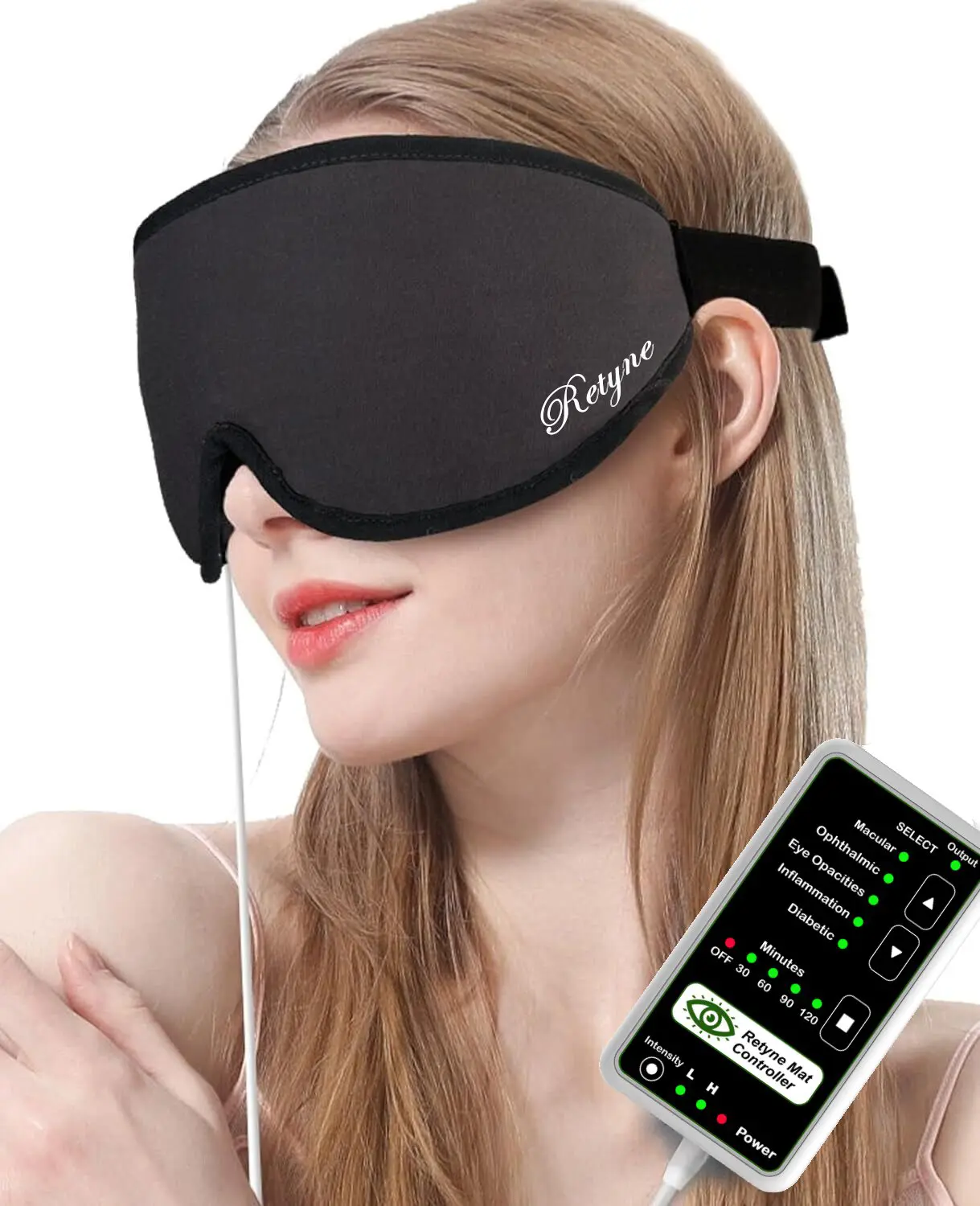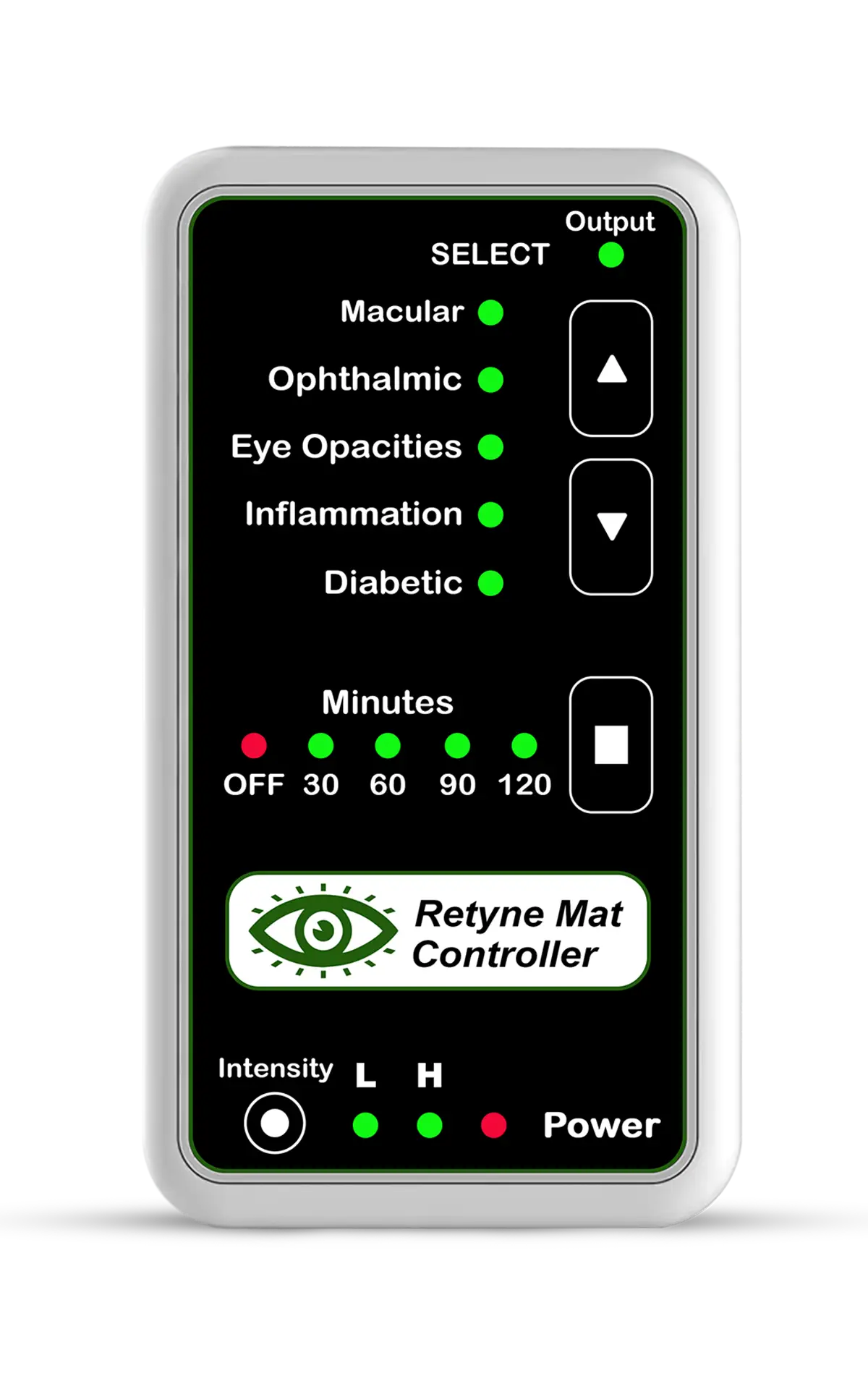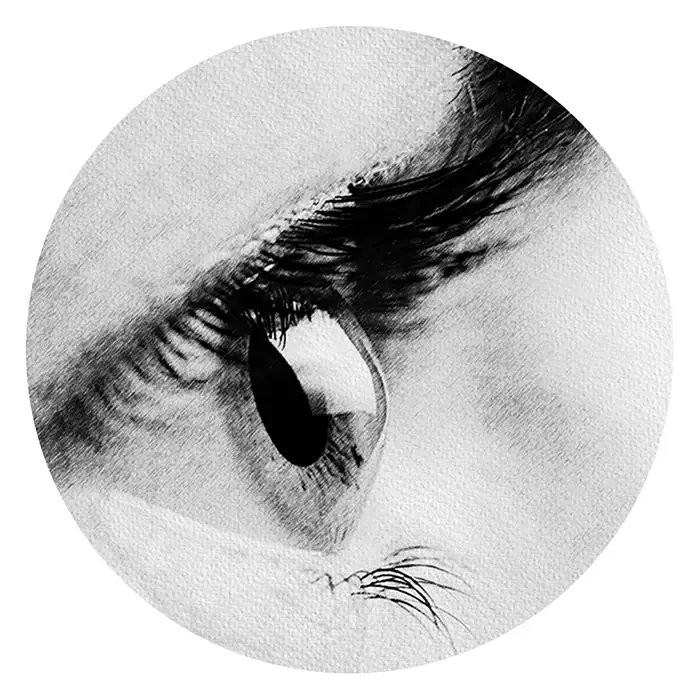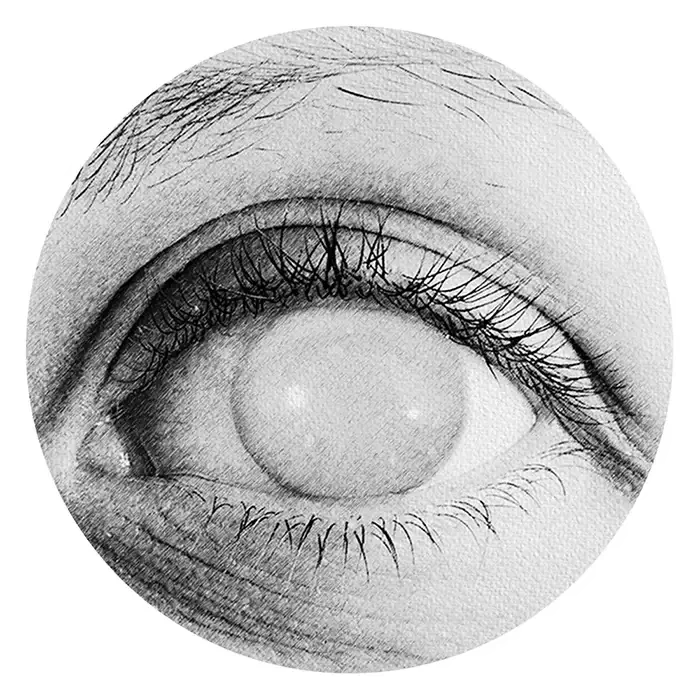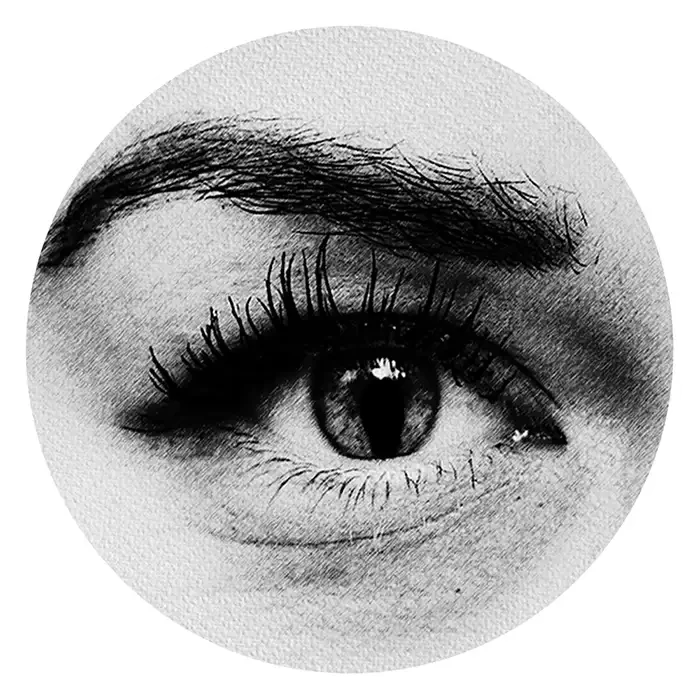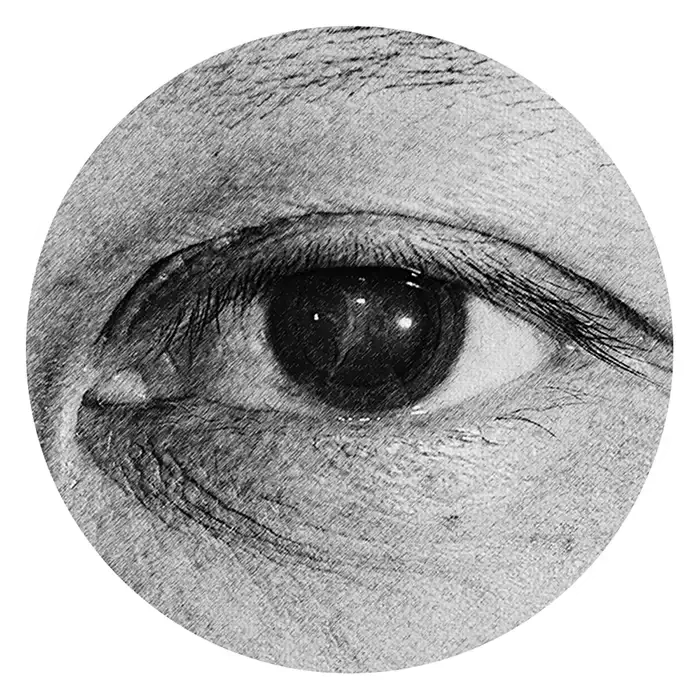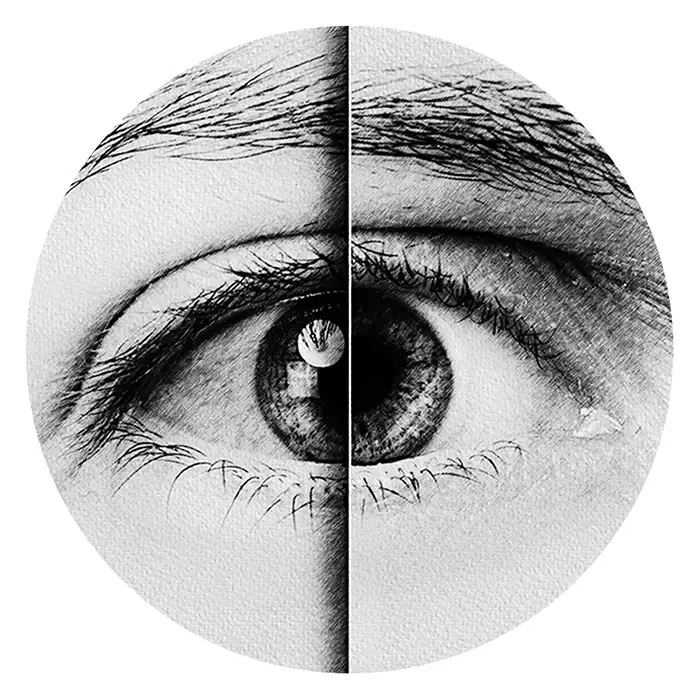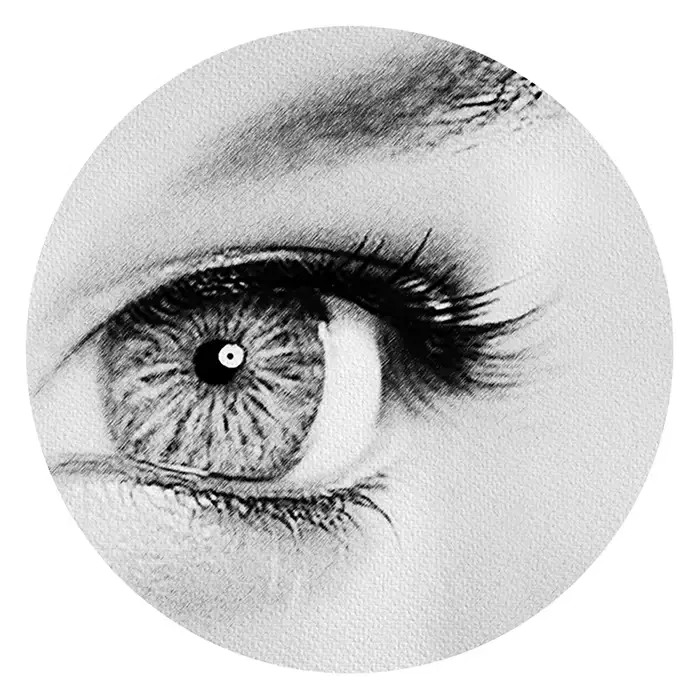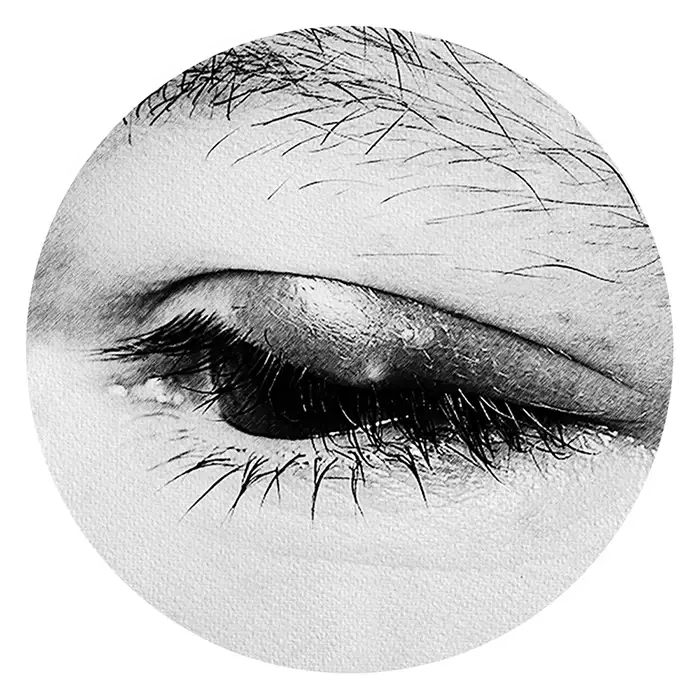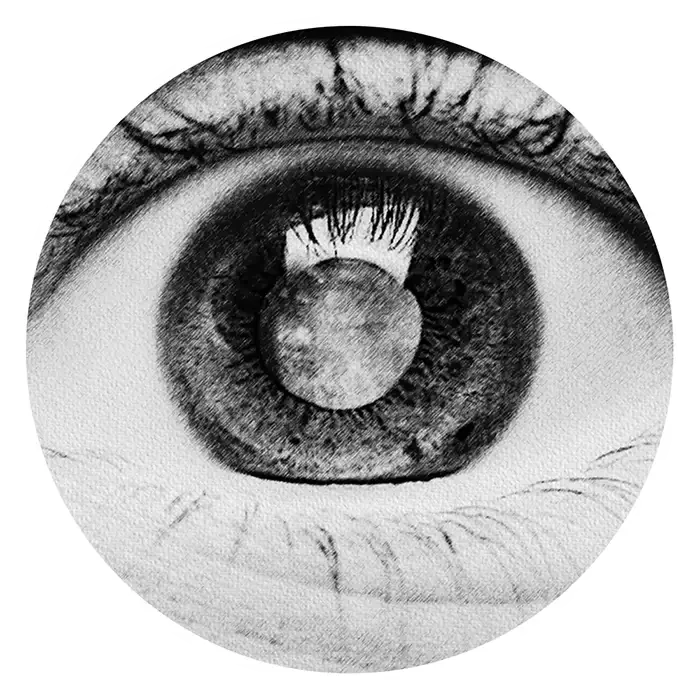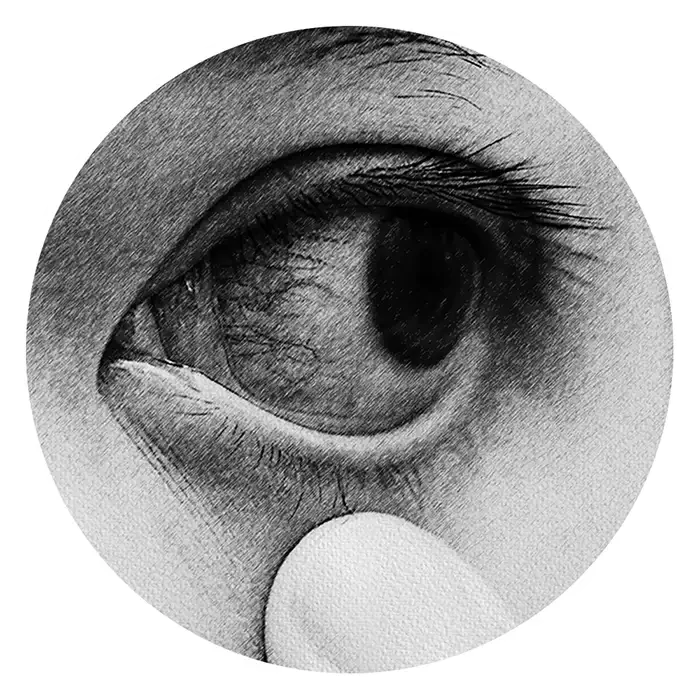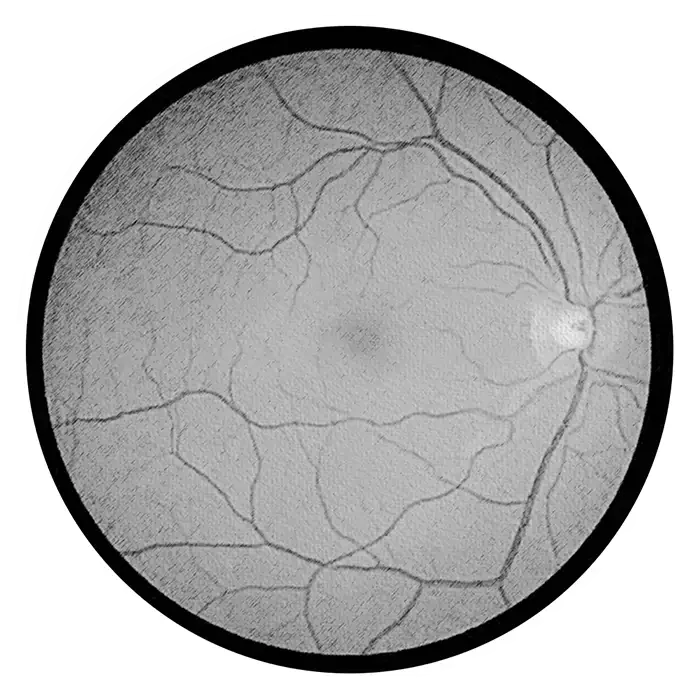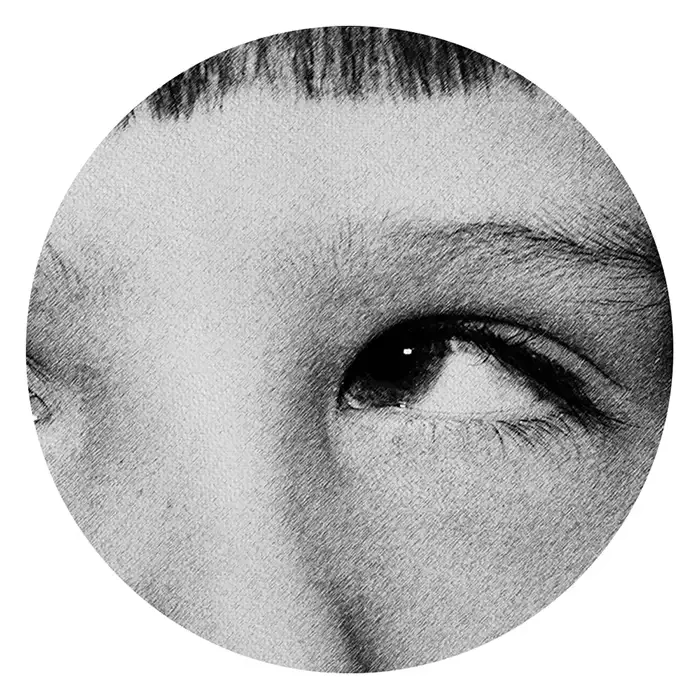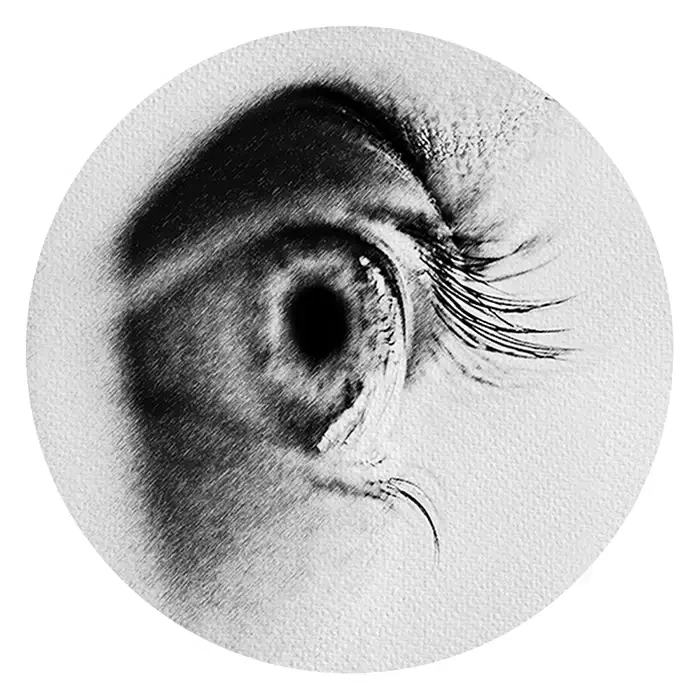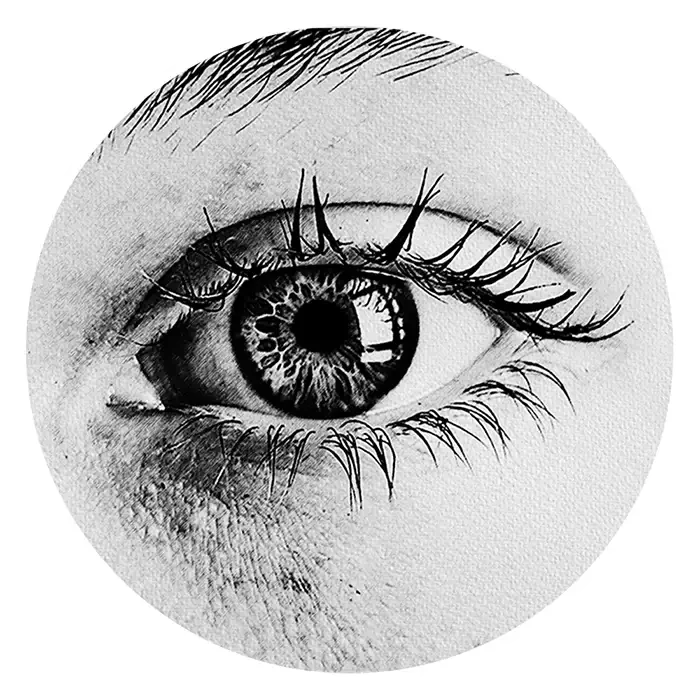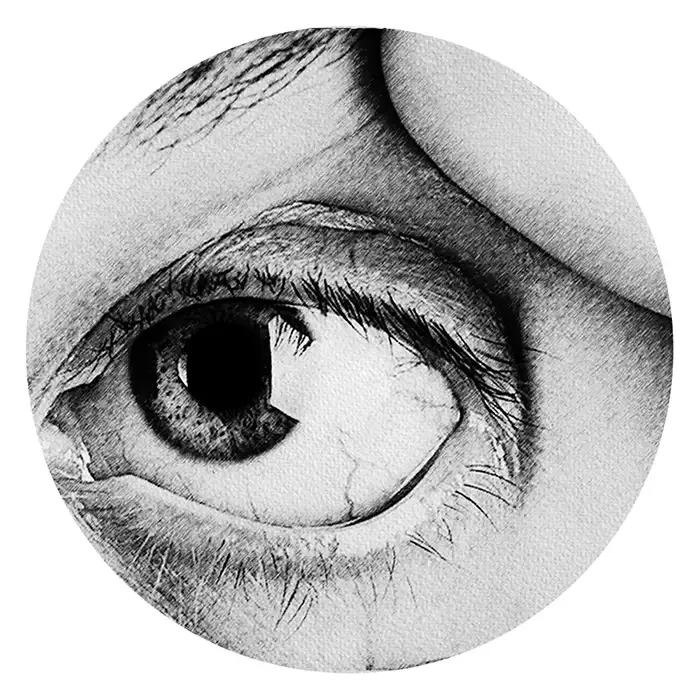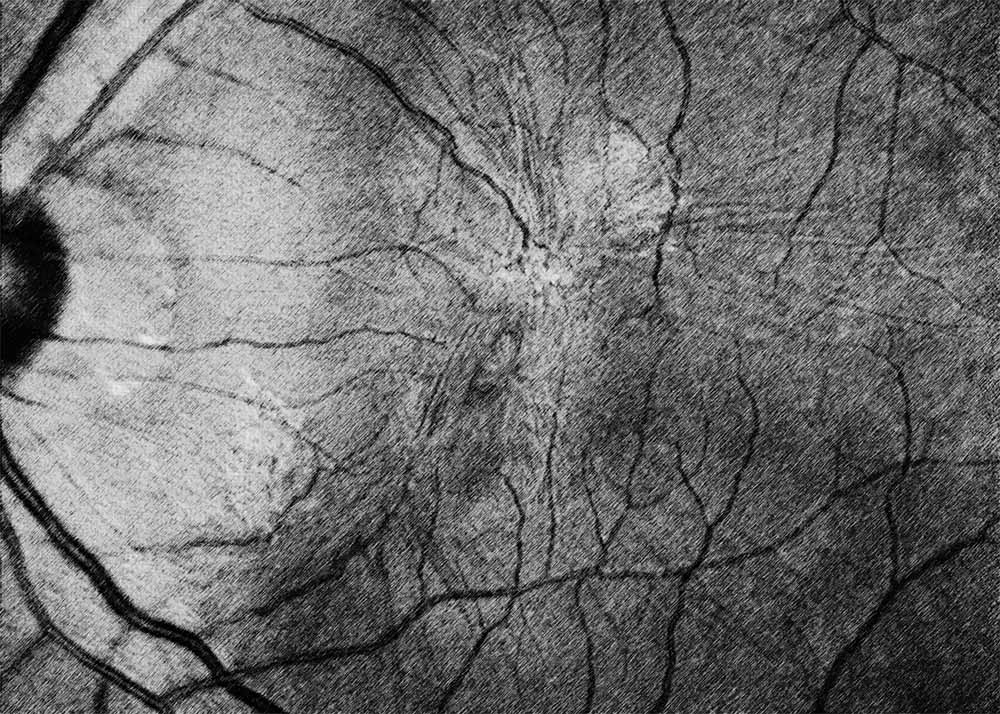
Treating Epiretinal Membrane with Infrared Light Therapy
Epiretinal Membrane (ERM), also known as macular pucker or cellophane maculopathy, is a condition characterized by the formation of a thin, semitransparent tissue on the surface of the retina. There are two main types of ERM: idiopathic and secondary. Idiopathic ERM occurs spontaneously, often as a result of aging, while secondary ERM can develop due to other eye conditions such as retinal tears, inflammation, or trauma.
Diagnosis of Epiretinal Membrane typically involves a comprehensive eye examination, including visual acuity testing, dilated fundus examination, and optical coherence tomography (OCT). OCT imaging allows for detailed visualization of the retina, enabling the identification of any abnormalities such as the presence of a membrane and its effect on retinal thickness and morphology.
While Epiretinal Membrane is primarily a condition affecting the retina, it can also be associated with cataracts. Cataracts are characterized by clouding of the eye's natural lens, leading to decreased vision and glare sensitivity. In cases where ERM causes significant distortion or swelling of the macula, visual symptoms may mimic those of cataracts, leading to misdiagnosis or exacerbation of existing cataract symptoms.
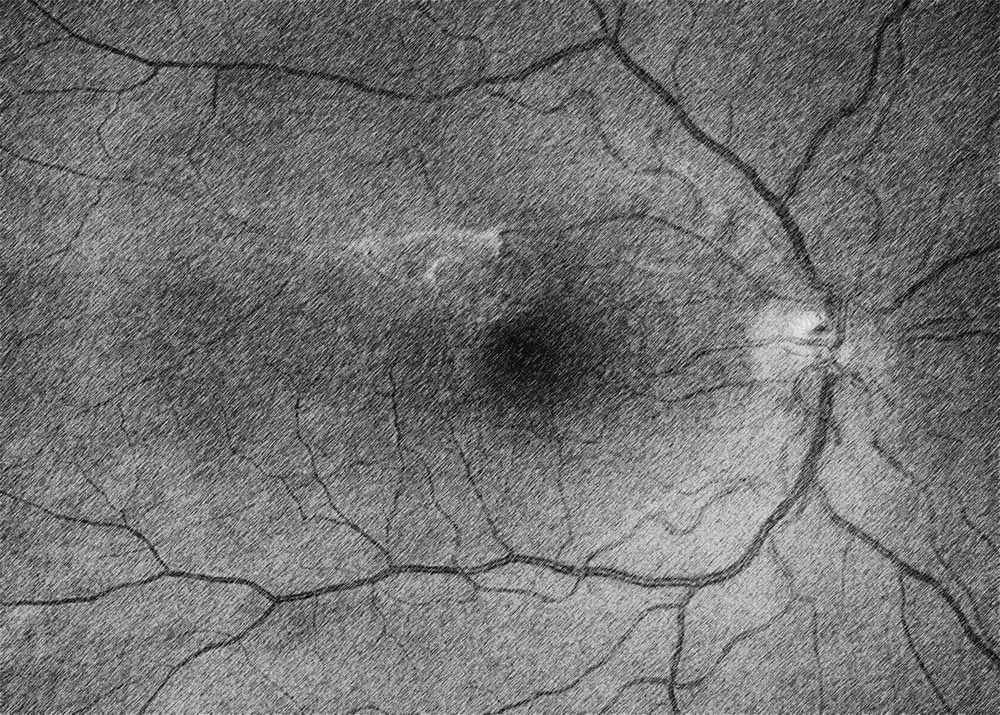
The Retyne Infrared Eye treatment mask can assist in the management of Epiretinal Membrane symptoms through the use of program #3 on the Retyne controller. This program utilizes invisible infrared light therapy to reduce inflammation, promote tissue healing, and improve visual function. By targeting the affected retinal tissue with specific frequencies, the Retyne mask aims to alleviate symptoms such as blurred vision, metamorphopsia (distorted vision), and decreased visual acuity associated with ERM.
Infrared light therapy has been shown to have anti-inflammatory and regenerative effects on ocular tissues. By delivering targeted infrared light therapy to the retina, the Retyne mask can help reduce the thickness and contractility of the ERM, thereby improving retinal morphology and visual outcomes for individuals with this condition.
In summary, Epiretinal Membrane is a condition characterized by the formation of a thin tissue layer on the surface of the retina, which can lead to visual distortion and decreased visual acuity. The Retyne Infrared Eye treatment mask offers a non-invasive therapeutic approach to managing ERM symptoms by utilizing invisible infrared light therapy. Through program #3 on the Retyne controller, this treatment aims to reduce inflammation, promote tissue healing, and improve visual function, ultimately enhancing visual outcomes for individuals with Epiretinal Membrane.
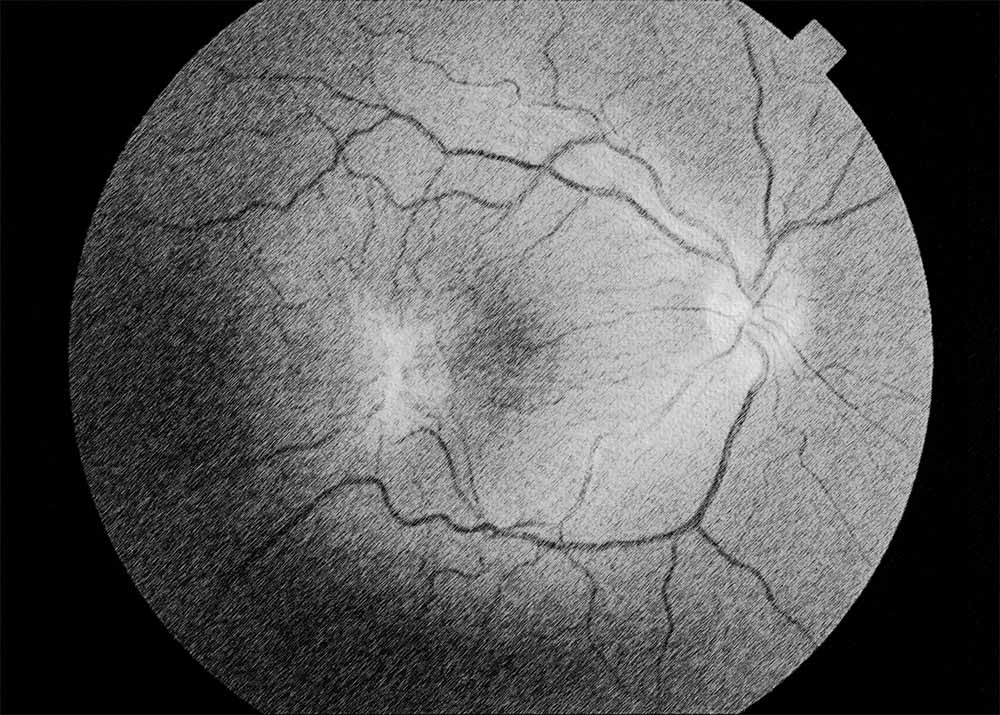
The Retyne eye treatment mask utilizes a general selection of frequencies (0.97, 5.78, 7.5, 37.5, 125.19, 250, 325.65, 517.5, 683, 712.42) tailored to address the symptoms related to Epiretinal Membrane. These frequencies have been meticulously chosen for their proven effectiveness in managing and treating this visual condition.
Retyne's approach involves converting each frequency into invisible infrared light output, marking a groundbreaking fusion of frequencies with light—a pioneering technology pioneered by Retyne Labs. Inspired by the groundbreaking work of Dr. Rife, who identified healing properties in specific frequencies and utilized light for their transmission, Retyne's innovative method capitalizes on current research on invisible infrared technology and builds upon past studies on light transmission through frequency sources. The result is the Retyne eye Treatment Mask, a convergence of state-of-the-art advancements in the field of visual care.
Moreover, for those utilizing advanced hardware such as the RDPV4, a secondary set of alternate frequencies for Epiretinal Membrane: 0.15, 0.18, 0.8, 5.5, 33.2, 172.3, 471.2, 557.82, 603.44, 921.88 is available. The RDPv4 offers an expanded range of frequencies, finely calibrated to provide even greater precision in addressing this eye disorder. By incorporating this secondary set of frequencies, the RDPV4 elevates the potential therapeutic benefits of the Retyne eye Treatment Mask, catering to individuals seeking advanced solutions for their visual health needs.
A Epiretinal Membrane Compatibile group exists at program 619 the International ETDFL frequency list
A Epiretinal Membrane Alternate group exists at program 2950: Retinal disorders: 0.15, 0.18, 0.8, 5.5, 33.2, 172.3, 471.2, 557.82, 603.44, 921.88
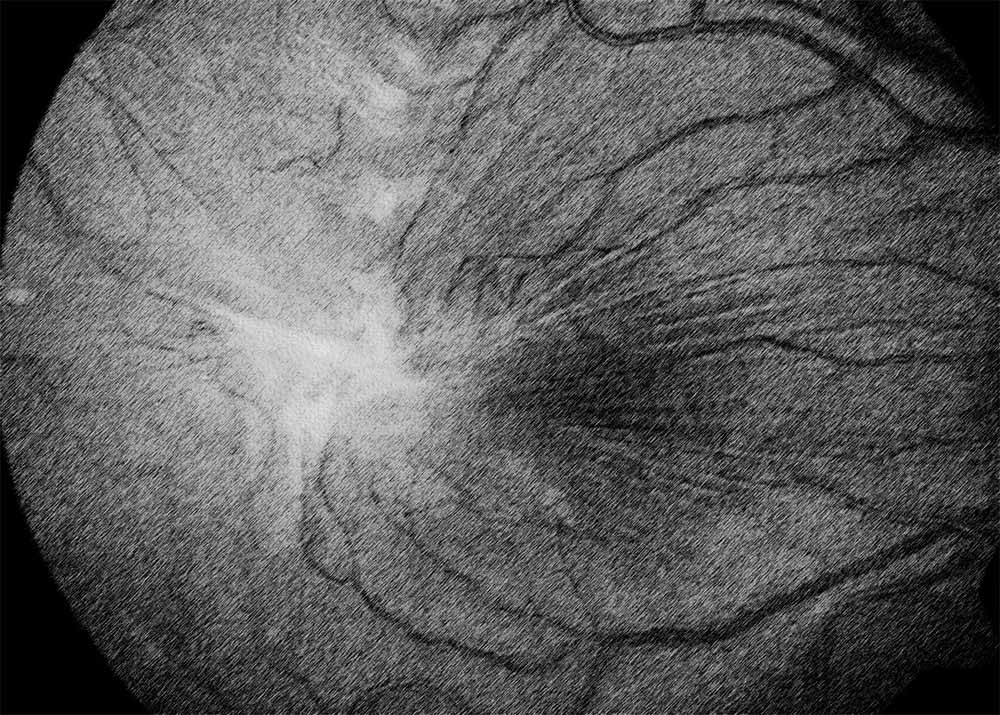
Compatibility
Standalone controller (Program #4) (Controller shipped with Retyne Eye Treatment Mask)
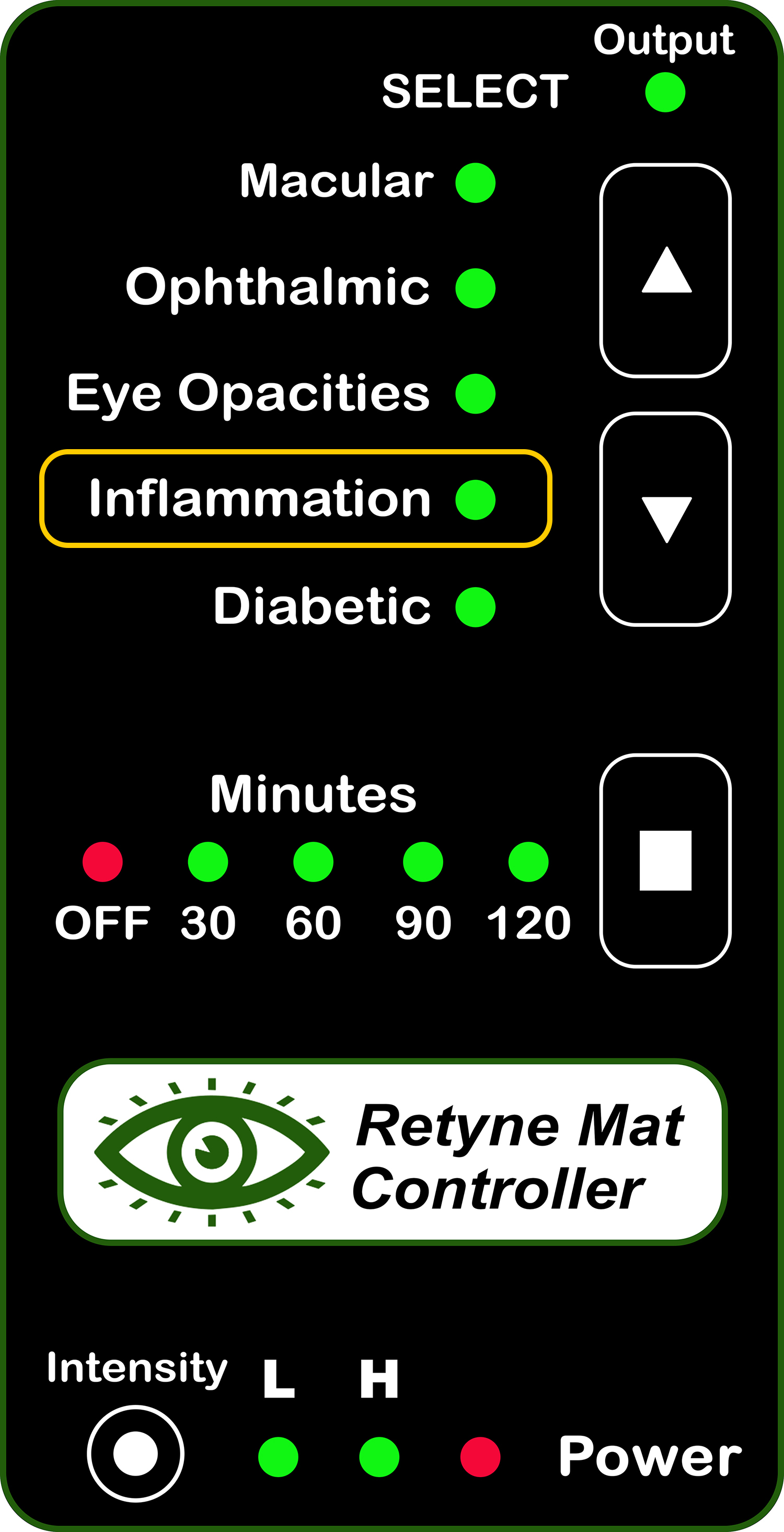
RDPV4 (Direct connect, use group 2950)
RDPV4 Light Mask Program button 4
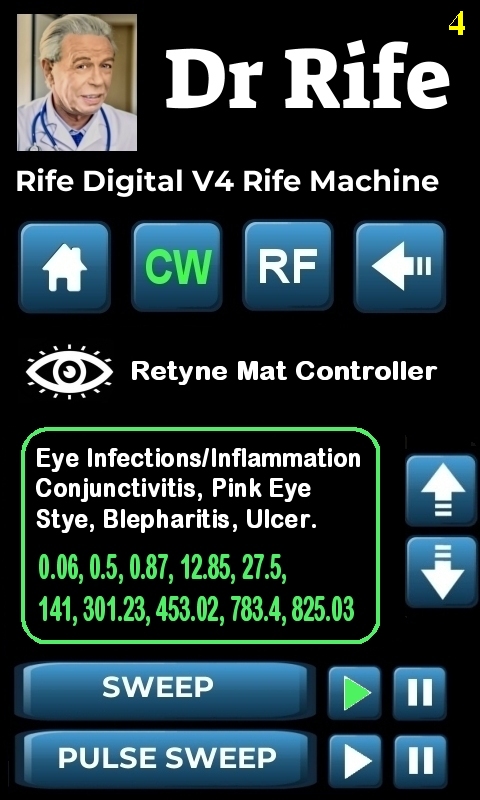
Click here for instructions on using the Retyne Mask + Controller
